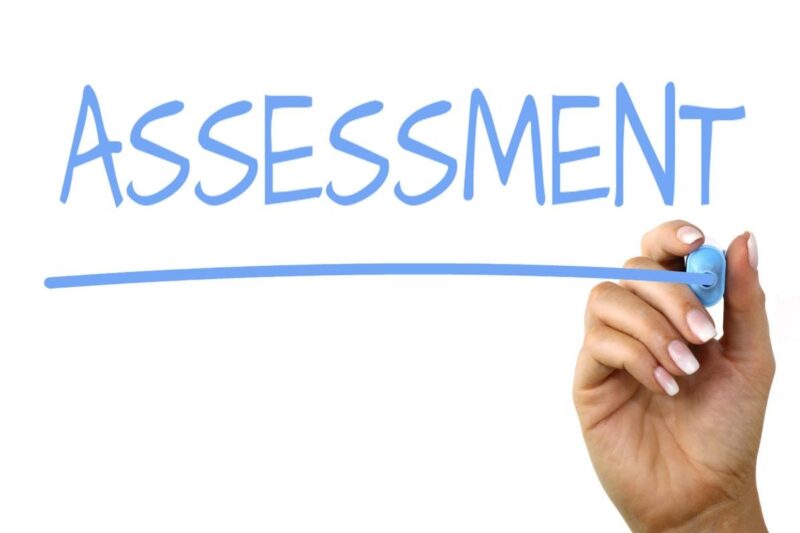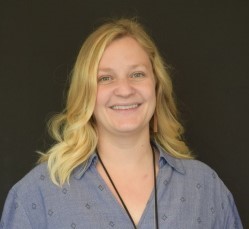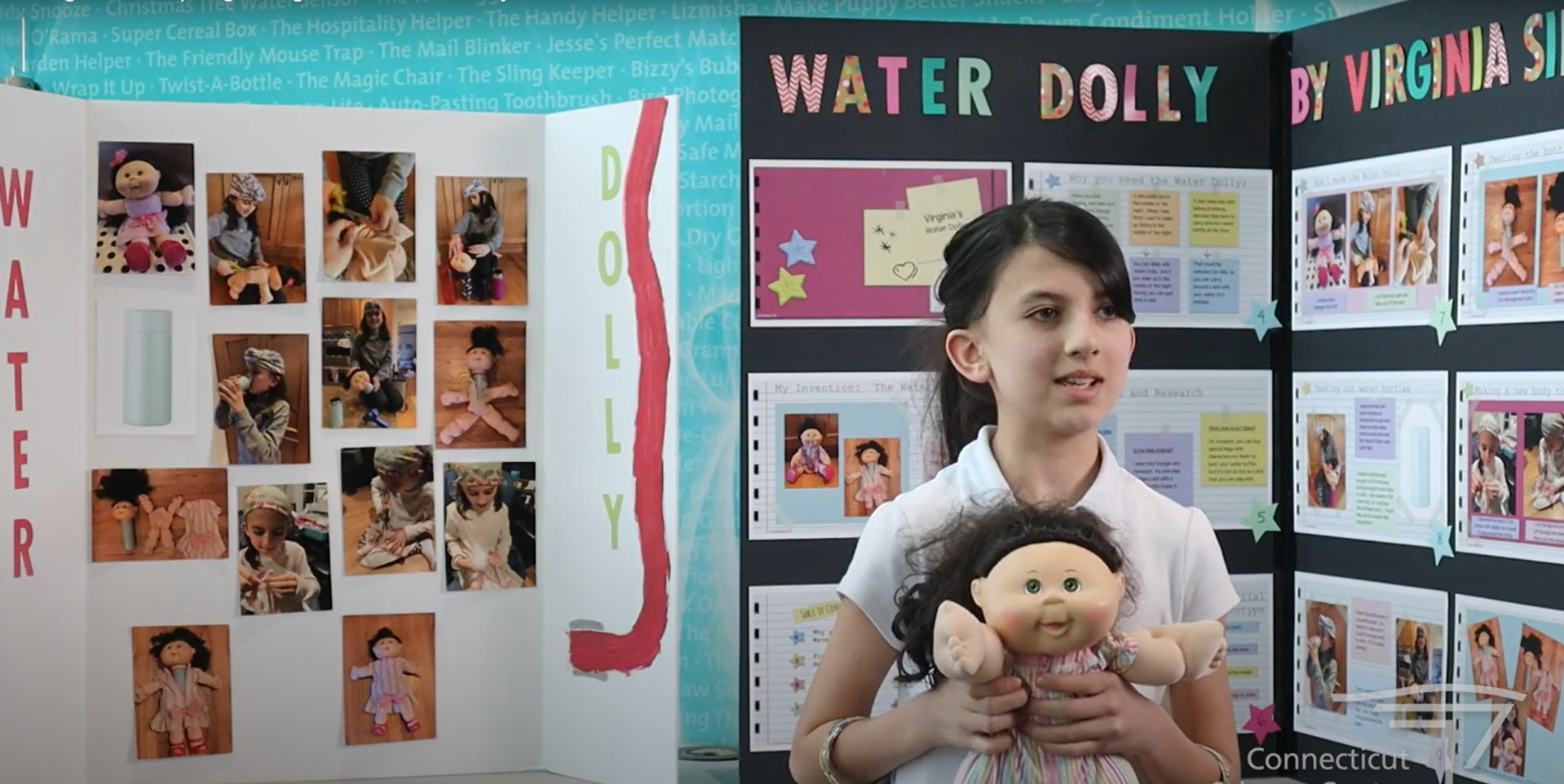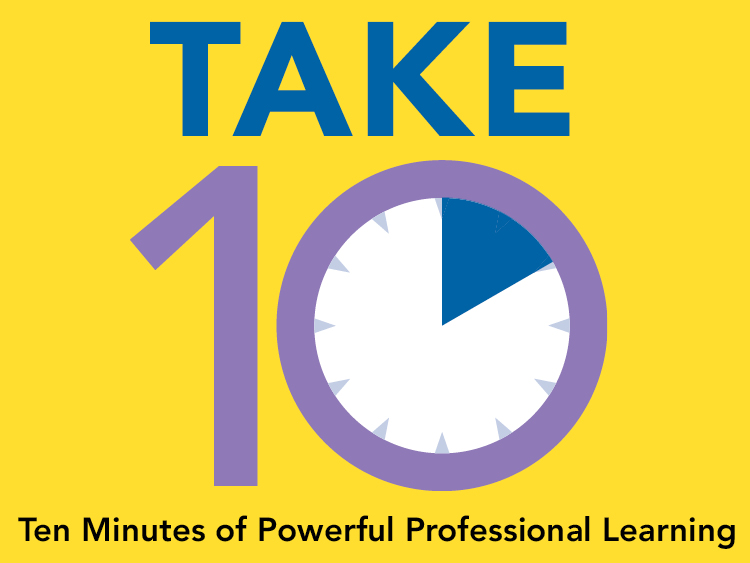 Talk to any educator, administrator, or support staff member and you’ll hear concern about our new next generation assessments. With the slow roll out of the Next Generation Science Standards, a lot of districts focused on curriculum. Specifically, preparing ourselves to incorporate the disciplinary core ideas, the science and engineering practices, as well as the crosscutting concepts. Beyond that, however, is the equally difficult task of figuring out how to assess our students on the three dimensions. How do we know what our students know? There is not one easy answer that will suddenly help us to check for understanding, assess the three dimensions and have a way to assign a grade to it, but we can start to shift our classroom exercises and develop tests that better fit the mold.
Talk to any educator, administrator, or support staff member and you’ll hear concern about our new next generation assessments. With the slow roll out of the Next Generation Science Standards, a lot of districts focused on curriculum. Specifically, preparing ourselves to incorporate the disciplinary core ideas, the science and engineering practices, as well as the crosscutting concepts. Beyond that, however, is the equally difficult task of figuring out how to assess our students on the three dimensions. How do we know what our students know? There is not one easy answer that will suddenly help us to check for understanding, assess the three dimensions and have a way to assign a grade to it, but we can start to shift our classroom exercises and develop tests that better fit the mold.
The key to assessment in the three dimensional classroom is to use not only summative, but also formative assessments. This will help you to determine if our students are learning science by doing it in a phenomenon-driven, sense-making way. Many of our new “tests” will look like regular classroom activities, requiring us to employ a new calculus for quantifying student understanding. This can be done through a checklist, a rubric, or even an informal conference with your students. You might find it useful to incorporate science notebooking in your classroom so that you have one place to check for understanding. Another idea is to use meaningful self and peer assessment. This would not only provide immediate feedback, but also encourage collaboration and communication without demanding more educator time. The added bonus of relying more on formative assessments, is they give you the opportunity to provide students with actionable feedback, reteach or expand on student thinking as well as assure your students are on their way to achieving the vision put forth in A Framework for K-12 Science Education. Formative assessments are imperative to reflect on classroom activities and are necessary for adjusting our teaching, therein improving student learning.
We know, however, that it is not possible to rely solely on formative assessments, especially at the upper grades. It is also impossible to overlook the fact that we have high stakes tests spread incrementally throughout our students’ educational careers. Nevertheless, there are a few ways that we can adjust our assessments to better fit into the Next Gen mold and help to prepare our students to take these tests. One way is to familiarize students with online formats. For example, try to incorporate more virtual labs or other interactive resources to promote understanding of different digital platforms. The state Next Gen test is all online; thus, the value of improving our students’ digital acumen cannot be understated. Additionally, when designing your classroom assessments—think 3D. It is important to stay away from rote memorization and recall-based questions. Set your assessment to a realistic scenario that is connected to your anchoring phenomenon and draft questions that incorporate an SEP or CCC along with your content. Making a question or task three-dimensional can be very tricky. Spend time crafting two dimensional questions to start with, and then expand from there. And just remember, this is a long and slow process that we’re all chipping away at together! At the Connecticut Science Center, we offer professional learning around the process of creating 3D questions. Check out our offerings page to find a time to work with the Professional Learning Specialists and the Mandell Academy for help designing your assessments. For more information about Next Generation Assessments in general, check out our resources page.

Lindsey Sullivan is a Professional Learning Specialist at the Connecticut Science Center’s Mandell Academy for Teachers. Before joining the Mandell Academy, Lindsey was a high school science teacher. Currently, Lindsey supports educators as they make sense of NGSS through her facilitation of workshops offered by the Mandell Academy as well as providing coaching support in schools.


